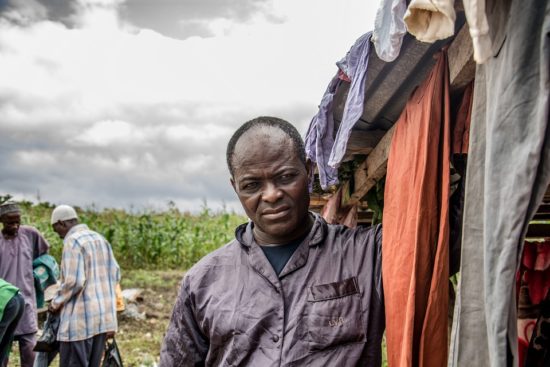Antibiotic resistance: Nigeria stares at a major catastrophe
Sadiq Abdullahi sells medicine at Kpana Market in Utako district of Nigeria’s capital Abuja. In his 30s, he has been selling drugs in that open space for more than three years; his ware include different brands of antibiotics such as amoxicillin, ciprofloxacin, metronidazole, penicillin and clindamycin.
Sadiq charges less than registered pharmacies: A card of amoxicillin goes for 150 Nigerian naira — less than $0.40 cents — while a registered pharmaceutical store would charge more than $1. The most striking thing: He never asks for a prescription and is willing to sell even two tablets, disregarding treatment guidelines.
Sadiq sources his drugs from sellers from areas like Suleja and Mararaba on the outskirts of Abuja. They claim to be agents of manufacturers.
These drugs do not have the National Agency for Food and Drug Administration and Control’s authentication codes for verification. Among his clients is Jumai Abdullahi, who wanted to buy ciprofloxacin because she believed she was suffering from typhoid. The vendor agreed to her diagnosis, saying that the weakness of joints and headache she complains of are common symptoms of typhoid.
AMR NEWS
Your Biweekly Source for Global AMR Insights!
Stay informed with the essential newsletter that brings together all the latest One Health news on antimicrobial resistance. Delivered straight to your inbox every two weeks, AMR NEWS provides a curated selection of international insights, key publications, and the latest updates in the fight against AMR.
Don’t miss out on staying ahead in the global AMR movement—subscribe now!






